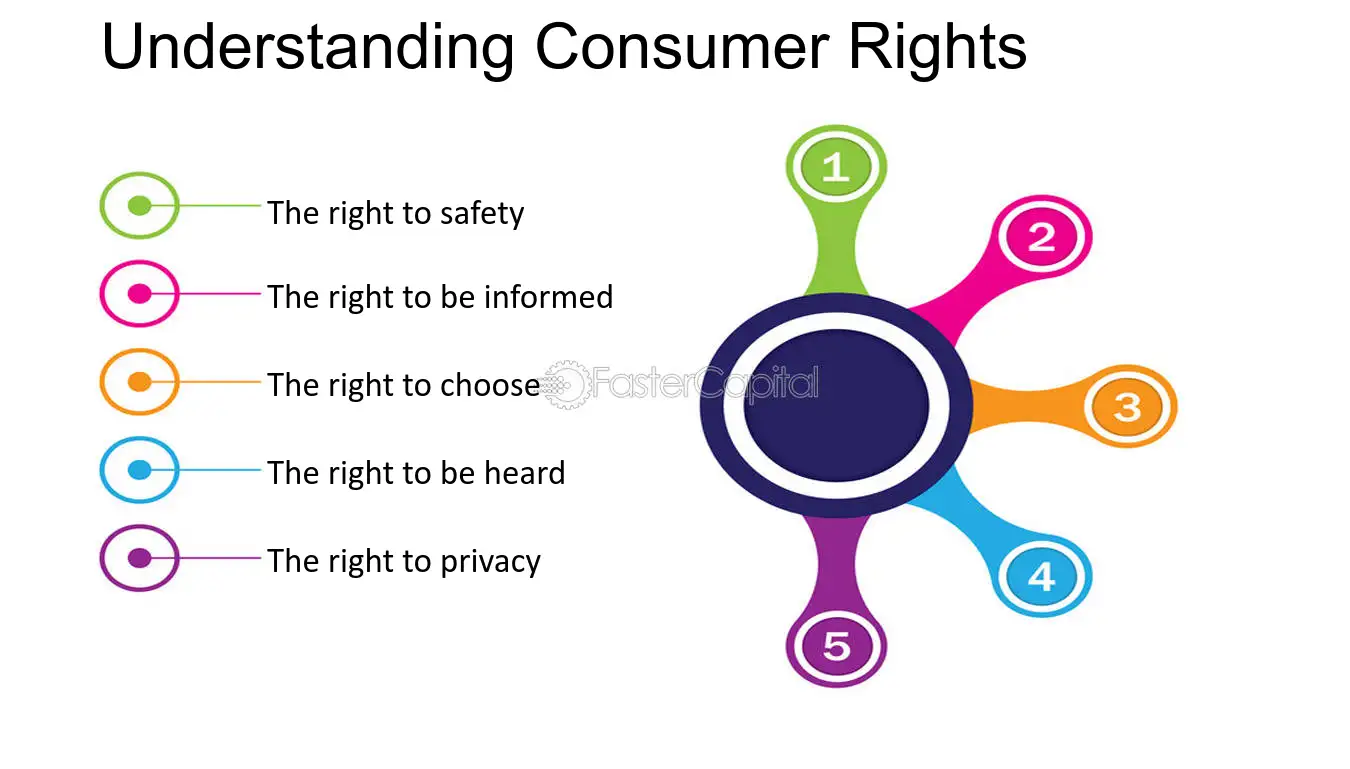Key Takeaways
- Understand the basics of consumer rights in the automotive sector.
- Learn how these rights vary across different states, focusing on broad regulations.
- Discover resources and steps consumers can take when facing vehicle issues.
Consumer Rights in the Auto Industry: An Overview
In the competitive world of car buying and ownership, consumer rights serve as a protective shield for buyers. These rights are crucial in ensuring that consumers receive fair treatment and have access to adequate solutions when their vehicles don’t meet promised standards. This protection is especially important for individuals dealing with vehicular troubles post-purchase, which is where having access to expert advice from the best Illinois lemon law lawyer for car issues becomes invaluable. Such legal expertise can illuminate consumers’ rights and outline possible courses of action.
An Illinois lemon law lawyer specializes in helping consumers who have purchased defective vehicles that cannot be repaired after multiple attempts. They assist clients in filing claims against car manufacturers, ensuring that they receive compensation or a replacement vehicle. These lawyers are well-versed in Illinois’ specific lemon law regulations and provide expert guidance throughout the legal process.
The automotive sector’s complexity amplifies the need for a comprehensive understanding of consumer rights. Policies and laws are in place to prevent unfair practices, but their effective use depends on consumers being well-informed. Awareness empowers consumers to confront situations involving faulty vehicles with assurance, preventing unnecessary financial losses and stress.
Common Issues Faced by Consumers
The journey through car ownership can sometimes be marred by recurrent defects or misleading sales practices, which are prevalent across the automotive landscape. Issues often stem from mechanical failures dealers fail to adequately repair or discrepancies between advertised and actual vehicle features. Such challenges can adversely disrupt the car ownership experience, calling for immediate attention.
Recognizing these issues promptly enables consumers to tackle them effectively before their implications grow. For instance, a persistently flashing engine light or the unresponsiveness of a transmission system could point toward underlying, unresolved problems that warranty clauses might not cover indefinitely. By staying vigilant, consumers can engage in proactive measures before these troubles escalate into significant financial burdens.
State Laws and Their Impact
State-specific consumer protection laws significantly influence the rights available to vehicle owners. Understanding these laws is crucial for consumers, as they dictate the protections accessible within their jurisdiction. For example, some states are more stringent, mandating replacement or buyback of vehicles under specific conditions. Resources such as Consumer Reports provide insights into state-specific laws, steering consumers toward informed decisions.
Different states have adopted varying degrees of consumer protection laws; some boast stringent lemon laws that could necessitate a manufacturer’s replacement of defective vehicles, while others offer milder consumer protections. This variance necessitates consumer cognizance of applicable laws to leverage their rights fully. Legal advice, when required, can clarify these varying state-imposed mandates, facilitating the resolution of consumer concerns effectively.
Steps to Take When Facing Vehicle Issues
Encountering vehicle issues can indeed be exasperating, but knowing the proper steps to take can decisively influence the outcome. Firstly, thorough documentation is indispensable. Consumers need to keep meticulous records of all issues, repair attempts, and communications with dealers or manufacturers. This documentation serves as crucial evidence for future reference or legal proceedings if necessary.
- Meticulously log each problem and the corresponding repair attempts.
- Engage with the dealer or manufacturer, furnishing documented evidence of encountered issues.
- If the matter remains unresolved, reach out to legal counsel to evaluate further actions available to you as a consumer.
Following these steps ensures consumers are equipped with the appropriate evidence and support if legal services become necessary to hold vehicle manufacturers accountable. Legal systems can only provide resolution when consumers present their cases with comprehensive supporting documentation.
When to Seek Legal Assistance
Occasionally, efforts to resolve issues through communication with manufacturers or dealers might prove fruitless, necessitating legal intervention. Engaging legal experts, especially those specializing in lemon laws, can illuminate consumer rights and suggest viable pathways to fair resolutions. Individuals who find themselves persistently facing unresolved issues despite repair attempts might find legal assistance invaluable in navigating these challenges.
Legal counsel offers an objective examination of the issues at hand, assisting consumers in organizing their evidence and presenting it coherently to ensure a favorable outcome. Trust in professionals to guide the process can ease consumer burdens while actively working to secure deserved justice.
Useful Resources for Consumers
In making informed decisions, having the right resources is invaluable. Online platforms focusing on consumer rights offer extensive guidance and insights. For instance, comprehensive guides found at Nolo are a wealth of information. These platforms elucidate intricate legal details in straightforward language, making it easier for consumers to understand the necessary steps when issues arise.
These resources, by elucidating the essentials of consumer protection and detailing necessary measures to reclaim rights, empower vehicle owners to handle disputes more effectively. By leveraging knowledge from credible sources, consumers can navigate the complexities of automobile ownership with increased confidence, understanding, and preparedness.
Real-Life Examples of Resolved Cases
True stories of consumers successfully navigating legal frameworks to secure just outcomes provide both guidance and optimism to others. For instance, in California, a consumer who faced multiple unresolved engine failures could leverage the state’s robust lemon laws to obtain a replacement vehicle. These real-life experiences spotlight the effectiveness of consumer rights when utilized effectively.
Examining such examples underscores the significance of understanding and asserting one’s rights, demonstrating how informed and proactive approaches can lead to satisfactory resolutions. The justice system’s tangible impact is evident in these instances, fostering trust in established legal frameworks designed to uphold consumer protections. By seeing the successful application of these laws, others are encouraged to pursue appropriate actions to resolve their own vehicular disputes.



